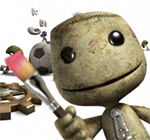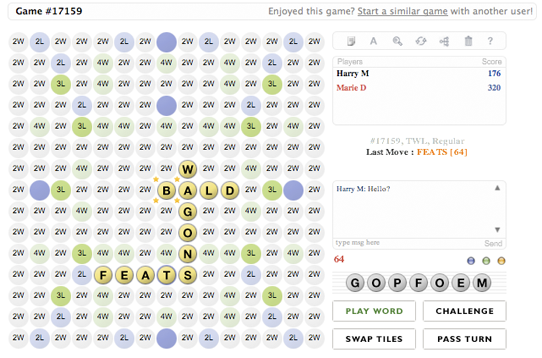 If you haven’t been following the controversy over the PlayStation 3 killer app LittleBigPlanet, here’s a primer:
If you haven’t been following the controversy over the PlayStation 3 killer app LittleBigPlanet, here’s a primer:
Sony recalled the game, which was due out this week, because one of its background music tracks quoted the Quran. It’s not a forbidden practice under Islamic law, but it does risk offending some Muslims. Sony expects to have an edited version of the game back in North American stores on October 27.
The surrounding brouhaha can potentially go in all sorts of directions, and the media and blogosphere have examined most of them. Edge magazine quoted Dr. M. Zuhdi Jasser, the head of the right-wing Muslim group American Islamic Forum for Democracy, as decrying the ban, while MTV’s Stephen Totilo talked to the more established Council on American Islamic Relations, which commended Sony for its efforts. He also asked experts if the reaction to the track could match the Danish cartoon controversy (it won’t) and got a statement from the musician, Toumani Diabate (he’s a devout Muslim). And of course, Sony’s motivations have been questioned, as the company loves the Middle Eastern market, and is no stranger to past religious foibles.
But one still-unexplored angle was brought to light by a commenter in Totilo’s article, who agrees with the song’s ouster because “religions create social boundaries, LBP is meant to have none.” And that really begs the question: Do religious themes, symbols and texts have a place in secular video games? Or are other mediums better-equipped to address religion’s subtler points? (I’m not talking about Left Behind and other overtly faith-based titles.) This situation is an opportunity — albeit less-sexy than the controversy itself — for a discussion on the subject. Let’s not waste it.


 I know I sounded cold and uncaring about
I know I sounded cold and uncaring about  Today’s news brings one of the least-startling developments in recent tech history: U.S. and Canadian
Today’s news brings one of the least-startling developments in recent tech history: U.S. and Canadian